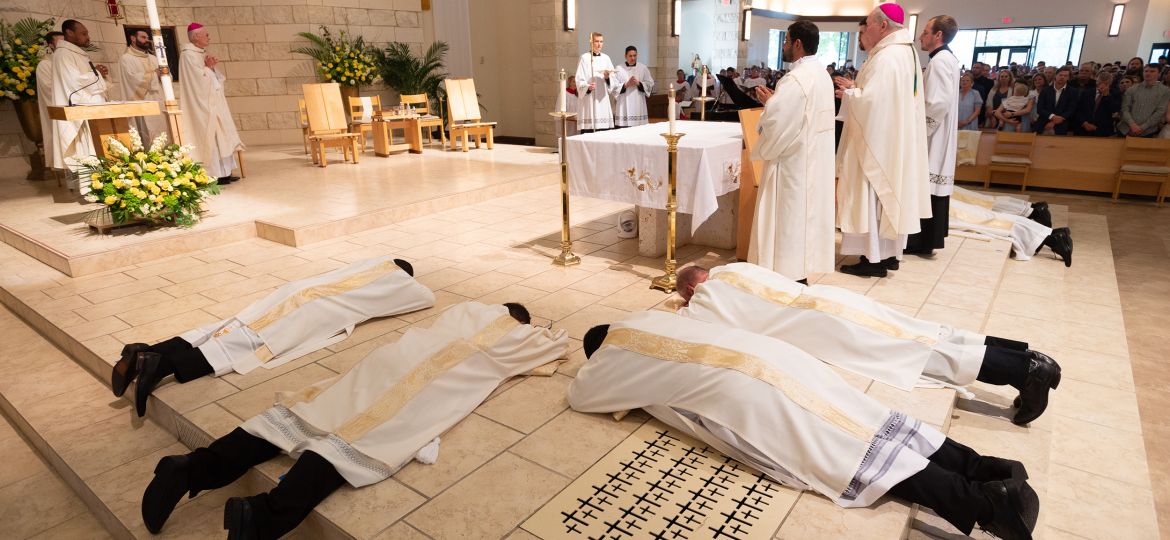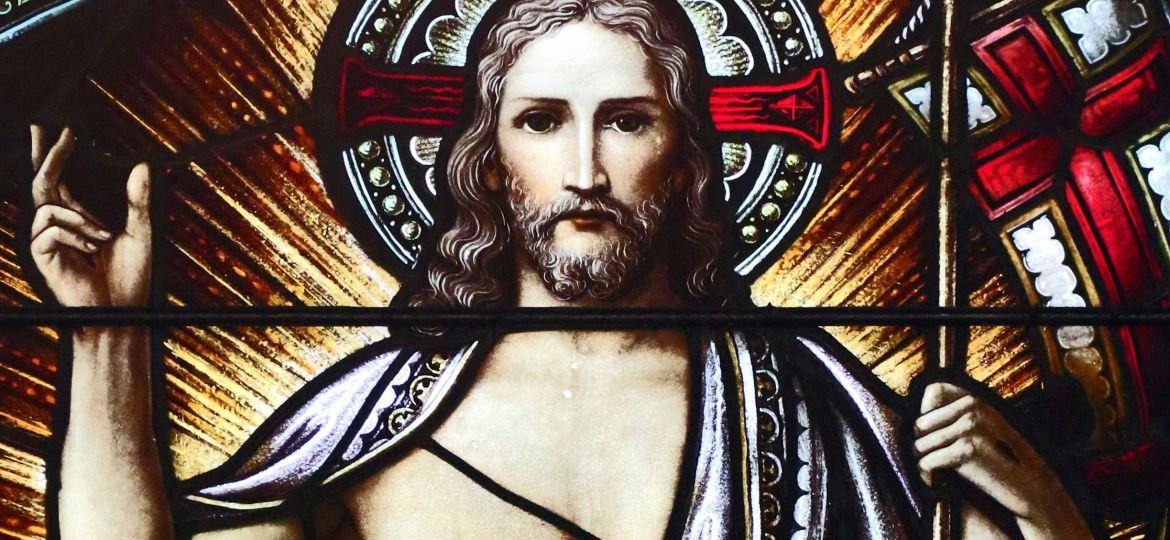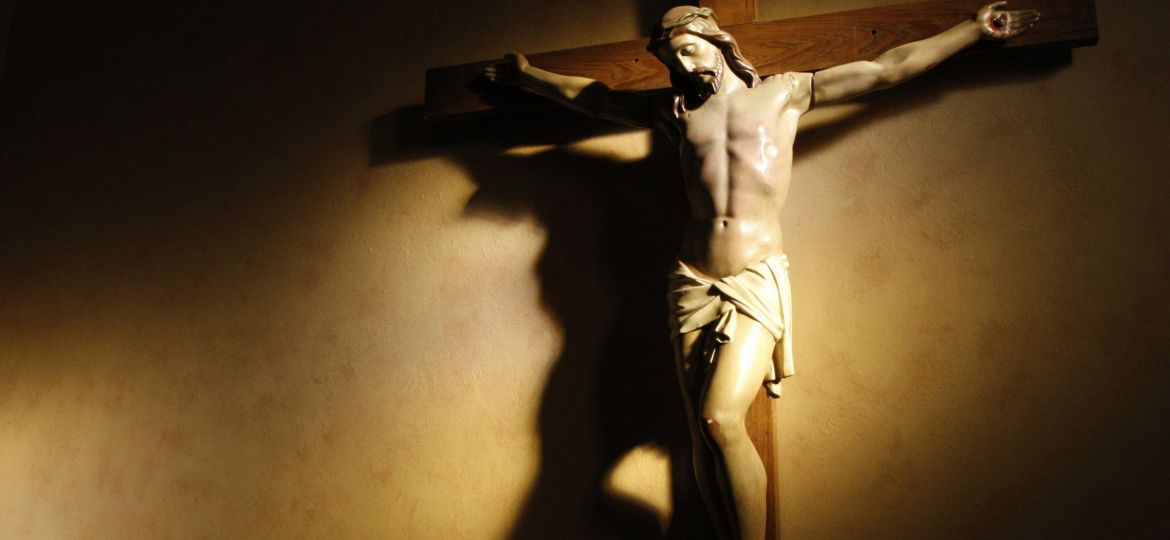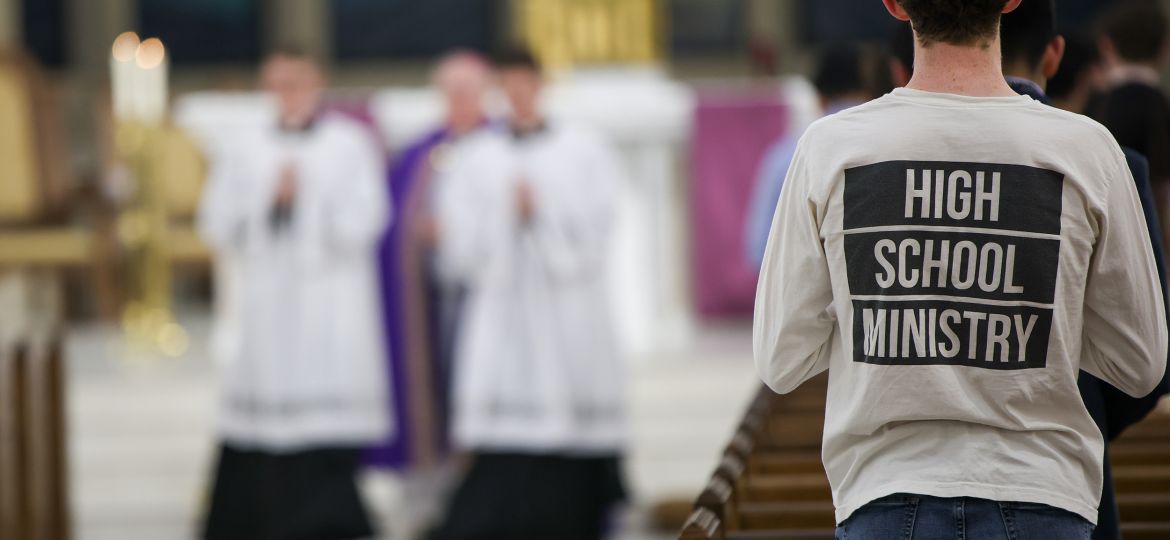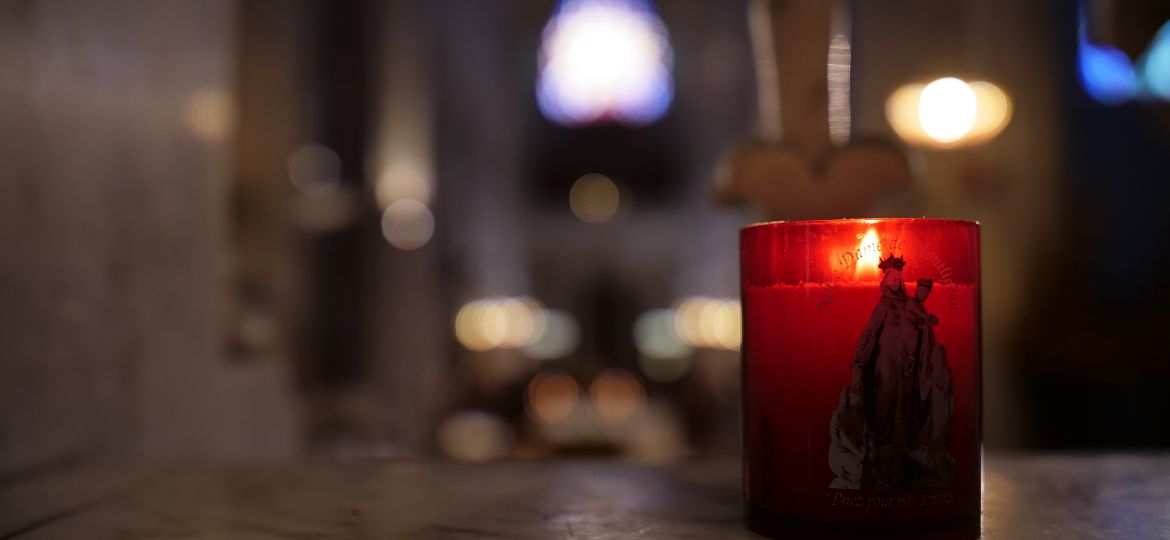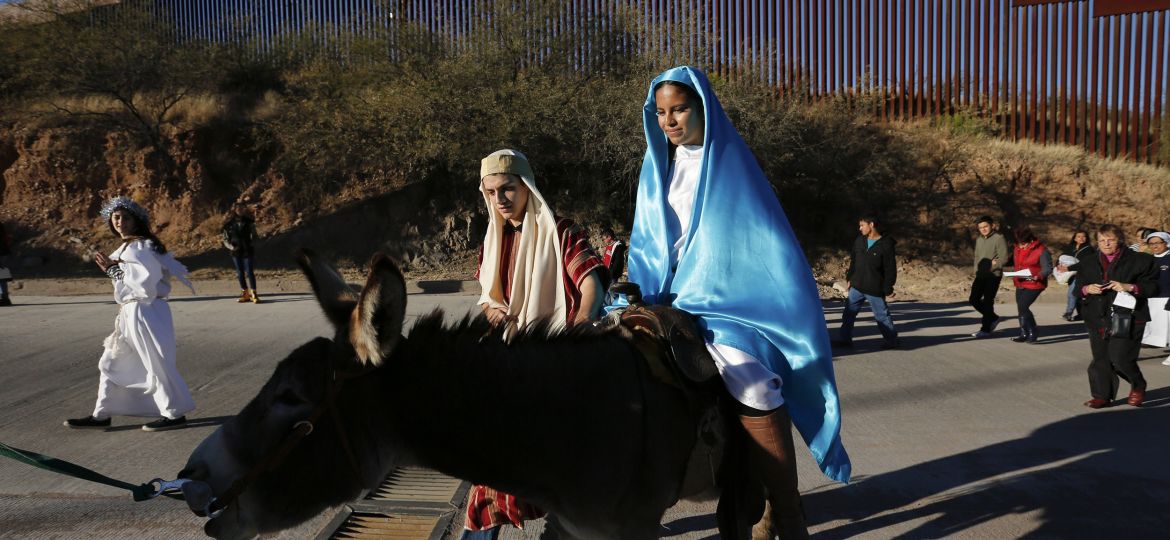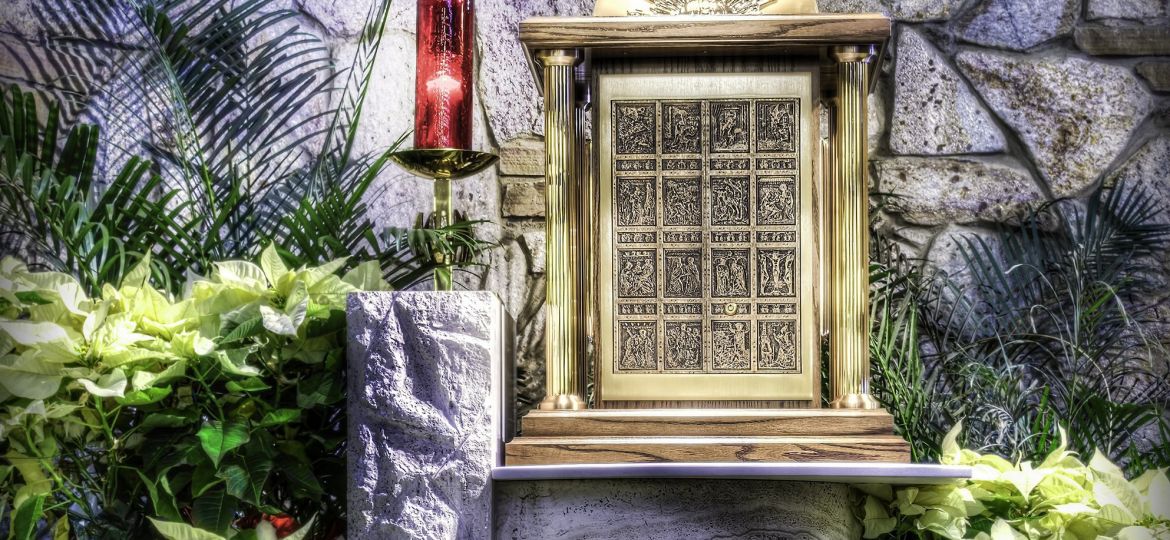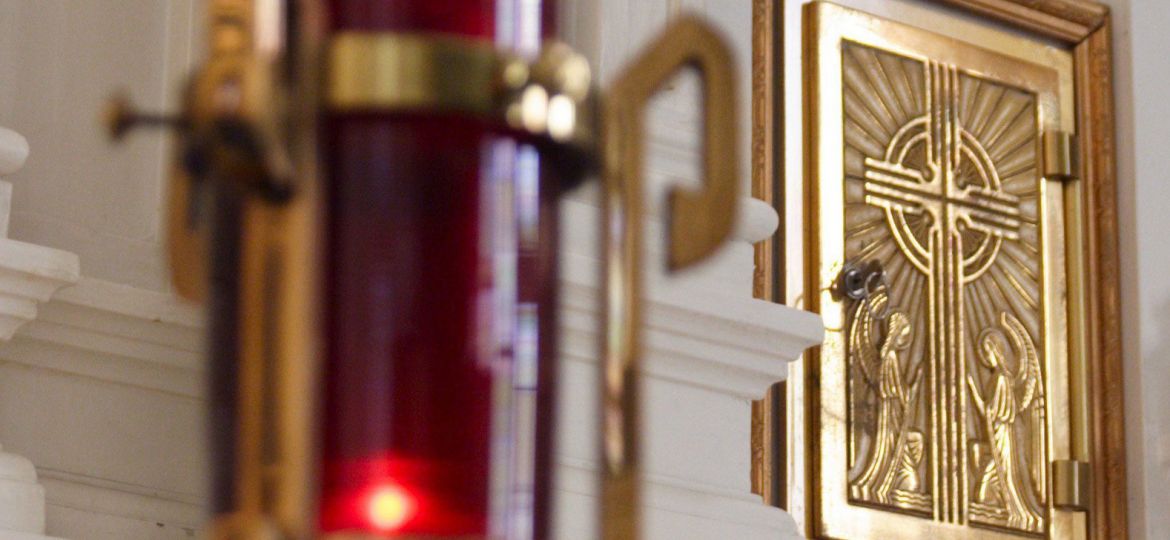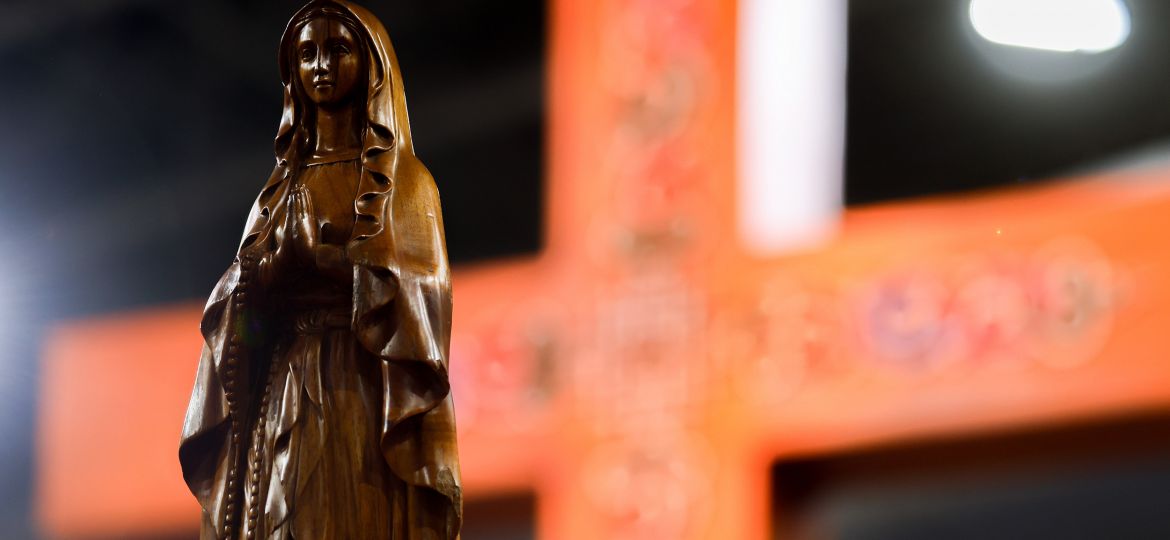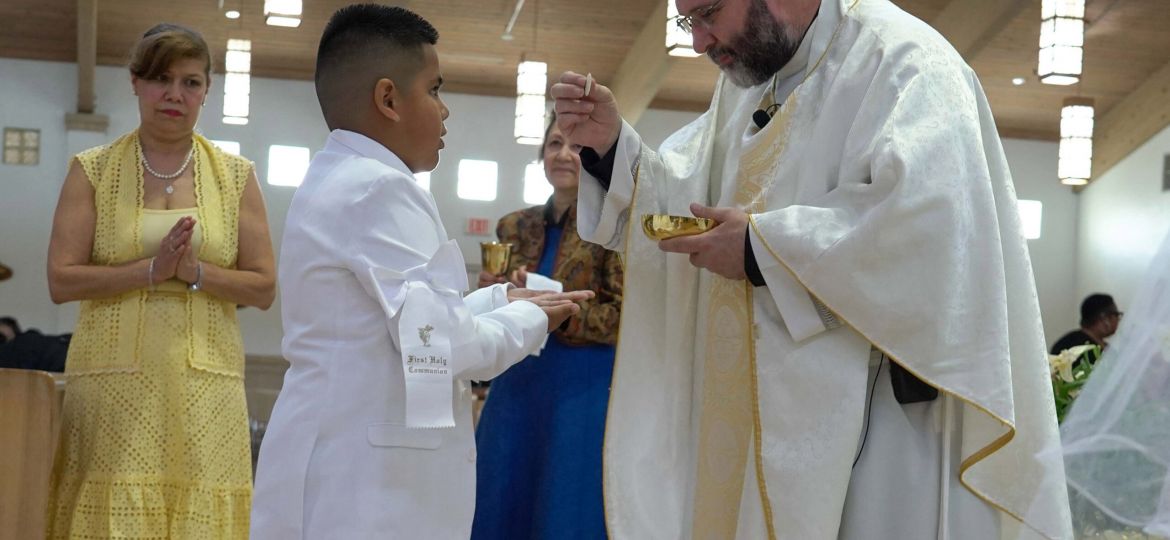There is a tendency to picture one’s discernment, whether the lifelong vocation question or a smaller decision, as a tense and perilous choice in an all-or-nothing, heaven or hell moment.
Lent is a season dedicated to conversion. It is a period of self-reflection, resolution, and anticipation. We must change our ways and grow. Easter is dedicated to celebrating the revelation of God’s infinite mercy, the new life and grace He showers upon us as He forgives us all our sins, heals all our infirmities, and even enables us to pass through death to share in His divine love forever.
I was deeply impressed by the answer a fellow priest gave recently to a question that I ponder frequently. When asked to name one unifying cause for the troubles that plague us as American Catholics, he simply said, “I think we try to avoid suffering at any cost.”
No easy interpretation of Genesis 22 exists. The account of God’s test of Abraham is truly awe-ful. It gives us no psychological insights into the heart of Abraham or Isaac, and the sparse narrative details — the three days’ journey, the binding of Isaac upon the altar, the dramatic angelic intervention to stay Abraham’s knife — are terrifying in their raw simplicity. Yet these verses offer wondrous cause for meditation on the mystery of sacrifice.
My impression is that many people today think we live in unprecedented and negative times. They feel afraid as they watch ideologies make bold moves for economic and political power. In a certain basic sense, it is hard for me to agree that our times are unprecedented. The Church must struggle in every age, and we just don’t have that divine vision which would allow us to compare, definitively or apocalyptically, our own age with any other. On the other hand, I can easily understand the feeling that things are urgent; after all, these are our times, and so we are, quite rightly, sensitive to their dramatic character.
This Christmas I had the very edifying experience of attending for the first time a celebration of Las Posadas.
St. Paul seems to have defined the triad we know today as the theological virtues: faith, hope, and love. No Jewish source before him brings those three words together, and the pre-Christian pagans do not speak of them as interrelated virtues.
Profane and profanity are English words commonly used in reference to swearing, cursing, and hurling abusive language at someone. That’s an intriguing development from their Latin roots! A fanum is a temple or a sanctuary; attach the preposition pro to it, and you get “before/in front of/ outside the temple.”
Mothers are gifted by God with unique insight into the mystery of life and its connection, for now, to the tragedy of death. Just think of Mary. Her maternity extended from Bethlehem to Calvary: to be a mother as God desires, Mary had to give life to a person destined to pass through death. Her fiat or “yes” to life at the Annunciation is not merely biological; it is a cooperation with God’s whole Providence for the one she births. That means that an ‘openness to life’ is at the same time a certain openness to death, and thus, for now, the joy of motherhood is always accompanied by pain (Gn 3:16; Jn 16:21).
Spring, according to custom, is a most suitable season for weddings; the abundance of freshly bursting flowers signals that creation rejoices in the beginning of a new life together. The Easter season, overlapping with spring, often features priestly ordinations; the abundance of Alleluia joy reverberates through cathedrals as men are uniquely consecrated for the Lord’s service. Every ordination conveys a jolt of hope to a diocese or religious order. The sight of new priests around their bishop signifies that the Lord continues to channel grace through chosen mediators who link believers today back to the Apostles.

